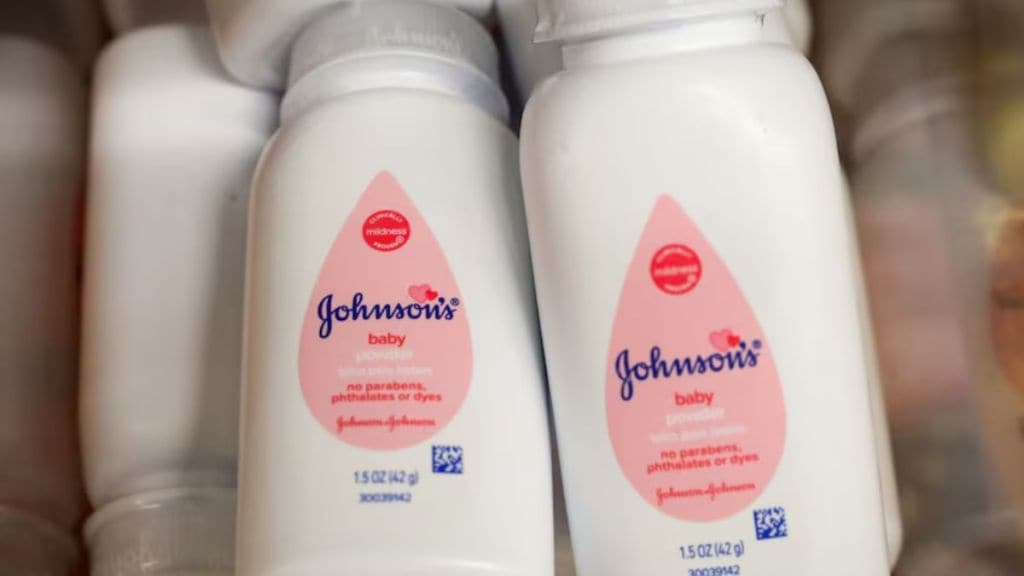Popular skin and baby care brand, Johnson & Johnson (J&J), has been hit with its first lawsuit in Britain over presence of cancer-causing asbestos in its talc products. This comes after several thousand ongoing lawsuits against the healthcare company in United States. The lawsuit was filed at the English High Court earlier this week against J&J and Kenvue UK Limited, a subsidiary of Kenvue. It was previously J&J’s former consumer health unit, according to a Reuters report.
The law firm, KP Law, filed the case on behalf of more than 3000 people who reportedly developed ovarian cancer, mesothelioma or other diseases after using Johnson & Johnson’s baby talcum powder, between 1965 and 2023. They also raised a compensation claim reportedly worth more than $1.3 billion.
Allegations against Johnson & Johnson
As per the lawsuit, it alleged that J&J talc products contain cancer-causing fibres, including asbestos. The company “chose to keep it on the market in the pursuit of profit,” it added, claiming J&J only withdrew their mineral talc from Britain in 2023, three years after it was taken off North American shelves. In fact, the World Health Organisation‘s cancer agency classified talcum as “probably carcinogenic” for humans in July last year.
How did J&J respond?
The named firm in the lawsuit denied the presence of any cancer-causing substance in their talc products, and emphasised that it was safe to use for all ages. A Johnson & Johnson spokesperson referred inquiries to its former health arm, Kenvue and noted that it “retained the responsibility and any purported liability for talc-related litigation outside of the United States and Canada”
A Kenvue spokesperson said the safety of J&J’s Baby Powder “is backed by years of testing by independent and leading laboratories, universities, and health authorities in the UK and around the world”.The spokesperson further said, “the high-quality cosmetic grade talc,” used in the powder, “was compliant with any required regulatory standards, did not contain asbestos, and does not cause cancer”.
While this is the first time in the UK that J&J faced such an allegation from 3000 people, the US courts are no strangers to the matter. Several thousand consumers alleged that they were diagnosed with cancer after using baby powder and other products from the company.
Previously, the defendant attempted to resolve the matter through bankruptcy, but was rejected by the US federal courts several times. They even rejected the settlement offer of nearly $8 billion for 90,000 civil complaints received against the talc powder and ovarian-related issues. Last week, the firm was ordered to pay $966 million in punitive damages to the family of a woman who had died from mesothelioma in the US.
Is Talc linked to ovarian cancer?
A 2025 review in Frontiers in Medicine analysed the link between the prolonged usage of talcum powder in the genital areas and the risk of ovarian cancer. It found a 30–32% higher relative risk of ovarian cancer in women with regular usage of the product. Published in the National Library of Medicine, the report was titled ‘Decoding the Link Between Talcum Powder and Ovarian Cancer: A Comprehensive Review (2025)’.
Centred on the presence of asbestos and repeated exposure to talc particles, studies have not found any consistent or statistically significant conclusion to confirm the hypothesis. Linking cancer to genetic makeup and biological plausibility, the usage of talc was not directly labelled as cancer-causing.

